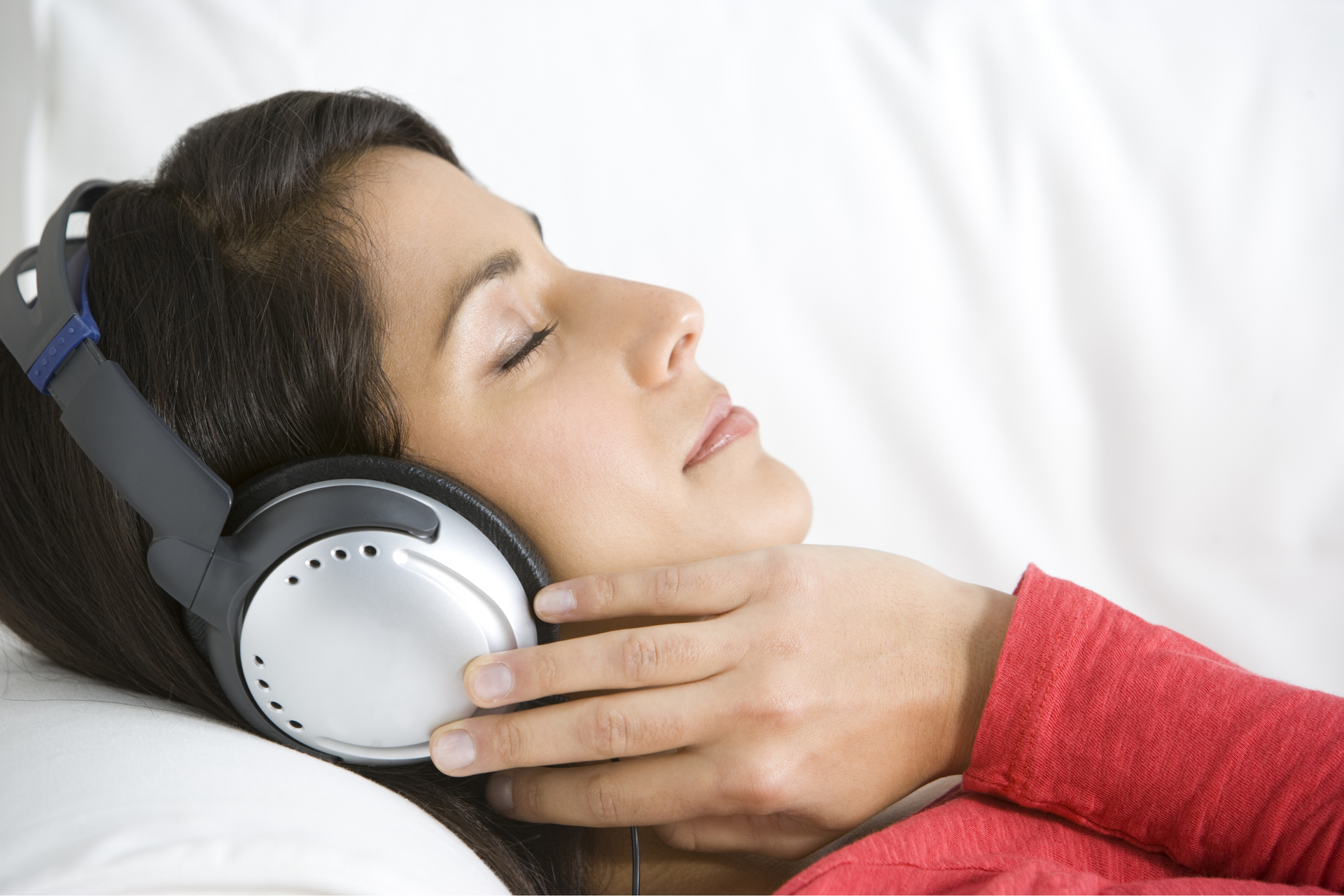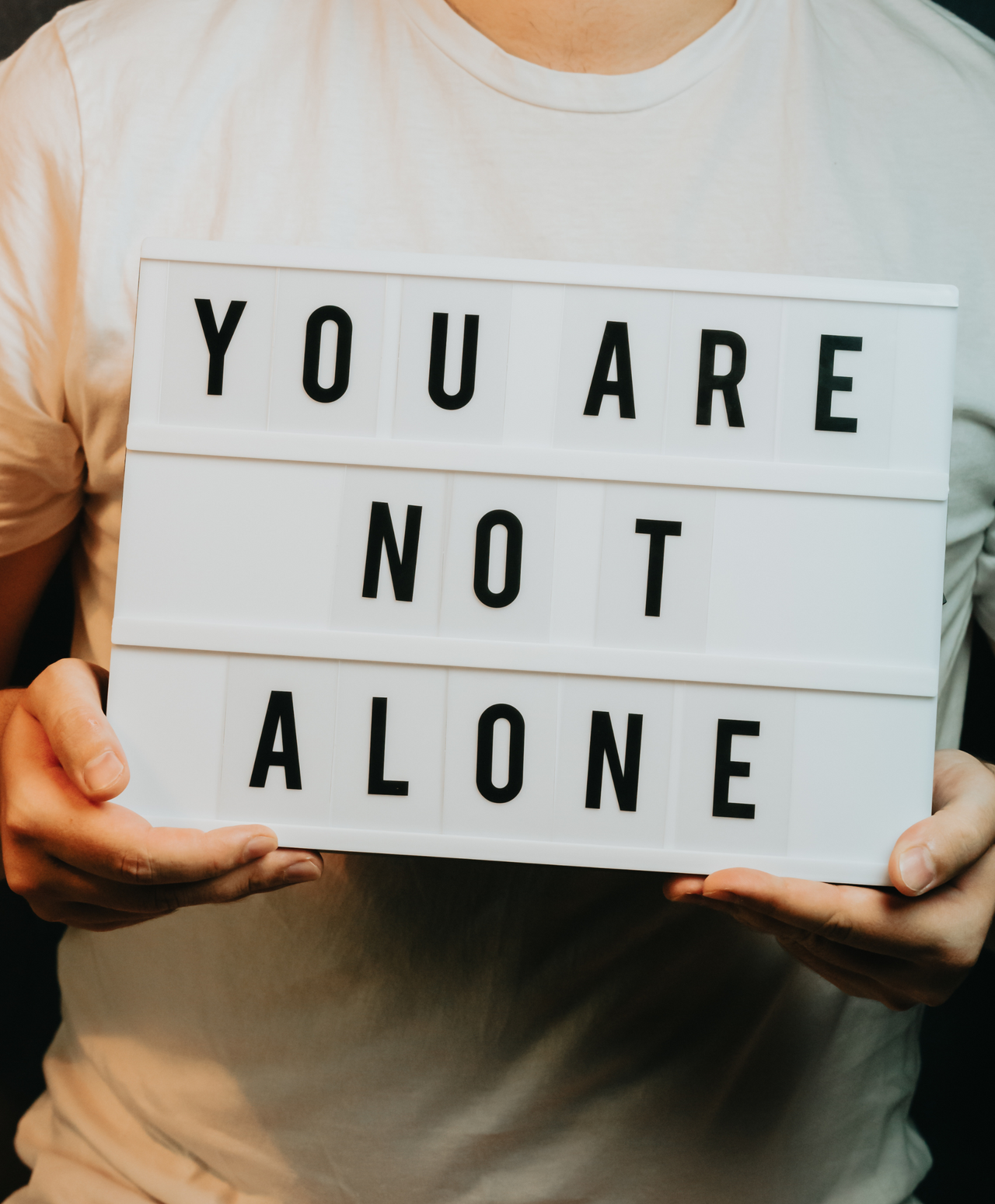Providing Support That Makes A Difference.
Call: (321) 757-4015
Text: (321) 286-7033
Understanding Anxiety: Symptoms, Causes, and Treatments
Anxiety is a common mental health condition that affects millions of people worldwide.

At Coastal Wellness and Life Coaching Center, we believe that understanding anxiety is the first step toward managing and overcoming it. In this blog post, we'll explore the symptoms, causes, and treatments of anxiety to help you better understand this condition and find the support you need.
Symptoms of Anxiety
Anxiety can manifest in various ways, and its symptoms can be both physical and psychological. Common symptoms of anxiety include:
Psychological Symptoms
- Excessive Worry: Constantly feeling worried or fearful about everyday situations.
- Restlessness: Feeling on edge or unable to relax.
- Irritability: Becoming easily frustrated or annoyed.
- Difficulty Concentrating: Struggling to focus or feeling like your mind goes blank.
- Sleep Disturbances: Experiencing trouble falling asleep, staying asleep, or having restless, unsatisfying sleep.
Physical Symptoms
- Increased Heart Rate: Feeling like your heart is racing or pounding.
- Sweating: Excessive sweating, even in non-stressful situations.
- Trembling or Shaking: Experiencing involuntary shakes or tremors.
- Shortness of Breath: Feeling like you can't catch your breath.
- Muscle Tension: Having tight or sore muscles.
- Headaches: Frequent or severe headaches.
Causes of Anxiety
Anxiety can be caused by a combination of factors, including genetics, brain chemistry, and life experiences. Understanding these causes can help in managing and treating anxiety effectively.
Genetic Factors
- Family History: Anxiety disorders can run in families, suggesting a genetic predisposition.
Brain Chemistry
- Neurotransmitters: Imbalances in brain chemicals, such as serotonin and dopamine, can contribute to anxiety.
- Brain Structure: Differences in certain brain regions involved in fear and emotion regulation may play a role.
Environmental Factors
- Stressful Life Events: Traumatic events, such as the loss of a loved one, divorce, or major life changes, can trigger anxiety.
- Chronic Stress: Ongoing stress from work, relationships, or financial problems can lead to anxiety.
- Childhood Experiences: Early childhood trauma or adverse experiences can increase the risk of developing anxiety disorders.
Treatments for Anxiety
Fortunately, anxiety is a treatable condition, and several effective treatments can help manage and reduce symptoms. Here are some common approaches to treating anxiety:
Therapy
- Cognitive Behavioral Therapy (CBT): CBT is a widely used therapy that helps individuals identify and change negative thought patterns and behaviors. It is highly effective in treating anxiety disorders.
- Exposure Therapy: This type of therapy involves gradual exposure to feared situations or objects to reduce anxiety over time.
- Mindfulness-Based Therapy: Mindfulness techniques, such as meditation and breathing exercises, can help individuals stay present and reduce anxiety.
- EMDR (Eye Movement Desensitization and Reprocessing): EMDR is a therapy that helps individuals process and resolve traumatic memories, which can be a root cause of anxiety.
- ART (Accelerated Resolution Therapy): ART is a form of therapy that uses rapid eye movements to help individuals quickly resolve trauma and anxiety, often in just a few sessions.
Medication
- Antidepressants: Medications like selective serotonin reuptake inhibitors (SSRIs) and serotonin-norepinephrine reuptake inhibitors (SNRIs) can help regulate brain chemistry and reduce anxiety.
- Benzodiazepines: These medications can provide short-term relief for severe anxiety but are generally used with caution due to the risk of dependence.
- Beta-Blockers: These medications can help manage physical symptoms of anxiety, such as rapid heart rate and trembling.
Lifestyle Changes
- Exercise: Regular physical activity can help reduce anxiety by releasing endorphins and improving overall well-being.
- Healthy Diet: Eating a balanced diet rich in nutrients can support mental health.
- Sleep Hygiene: Establishing a regular sleep routine and creating a restful environment can improve sleep quality and reduce anxiety.
- Stress Management: Techniques such as yoga, meditation, and deep breathing exercises can help manage stress levels.
Support Systems
- Support Groups: Joining a support group can provide a sense of community and understanding.
- Family and Friends: Leaning on loved ones for support and understanding can be incredibly helpful in managing anxiety.
At Coastal Wellness and Life Coaching Center, we are dedicated to providing compassionate and effective support for individuals struggling with anxiety. If you or a loved one is experiencing symptoms of anxiety, please reach out to us for professional guidance and treatment options. Remember, seeking help is a sign of strength, and with the right support, you can lead a fulfilling and anxiety-free life.
For more information or to schedule a consultation, please visit our website or contact us at
Coastal Wellness and Life Coaching Center
(321) 757-4015
We are here to support you every step of the way. You don't have to face anxiety alone – help is available, and recovery is possible.
Give the gift of counseling or life coaching. Purchase an E-Gift Card here.
VISIT US
HOURS
HOURS
CONTACT US
Text: (321) 286-7033














Share On: